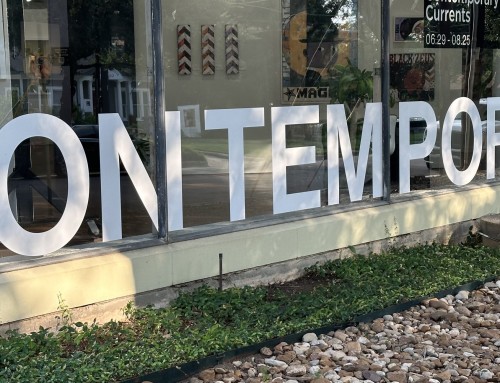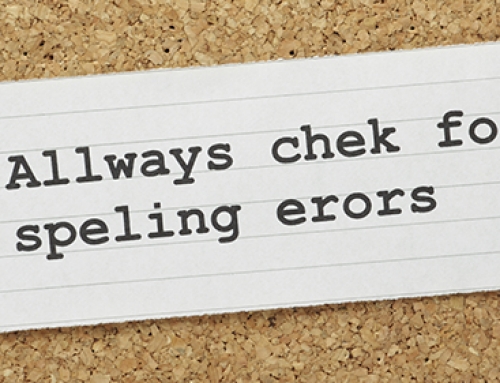Everybody is familiar with the internet domain suffixes .com, .net and .edu, but imagine a world where we are ruled by .Coke, .Walmart or .McDonalds. Well, folks, it isn’t far off.
Just last week, ICANN (The Internet Corporation for Assigned Names and Numbers) made an announcement that will change the way people browse the internet. Beginning January 2012, businesses will be able to create their own website domain suffixes for the low, low price of $185,000, plus a small annual fee of $25,000 (note the sarcasm). With only 22 generic suffixes and approximately 250 country specific suffixes currently used—the possibilities for your very own .(insert name) are endless.
This begs the question, from an advertising standpoint, is it worth ditching the .com? In my opinion, while the widening of domain names presents a unique branding opportunity, there are still a number of issues already mounting that you may need to consider before jumping on this bandwagon.
1) High Costs:
The cost of securing a specific suffix in of itself will keep many companies away. While large companies like Canon, Inc. are already stating their intent to apply for their trademarked names, smaller businesses may be left in the cold on this one.
Also, beware that your personalized suffix may cost you more than $185,000. There are a number of cybersquatters who “gobble up” domain names and try to resell them for exorbitant prices. ICANN is attempting to weed out these individuals and companies with their high application fee and a screening process that checks for general business diligence, criminal history, and a history of cybersquatting behavior. But hey, nothing is foolproof.
2) Monopolies:
The usage of generic suffixes such as .bank, .sports or .cars may open up the internet for monopolization—for instance, if Nike registers .shoe, anybody who is looking for a shoe website may inevitably end up on their site while searching for something else. Great for them, but what about everyone else?
In an effort to keep individual companies from monopolizing a suffix, there is already talk of groups of companies banding together to apply for more generic suffixes. For example, a number of conservation groups are hoping to secure .eco, which would give each of them access to the suffix to promote their unified cause. However, in cases where more than one group has a legitimate claim to an address, ICANN is leaving it to the groups to work it out privately or battle it out at auction.
3) Recognition:
Unless you are a company with worldwide reach like Coca-Cola, Wal-Mart or McDonalds, your biggest problem may be that customers will not be able to recall what your suffix is. How much value is there in a special suffix if you don’t have brand recognition?
4) Spam/Phishing:
Concerns over impersonator sites are already being voiced. The ability to use words from other languages may lead to malicious sites being masked as other well-known sites.
I am not attempting to sway anybody one way or another, these are just a few things to keep in mind if you are seriously considering applying for a domain suffix. Because when you get past the initial awe that this inspires, you have to examine whether making the switch to .(insert name) is beneficial to YOUR company. Remember there is no such thing as “one size fits all.”





Interesting!